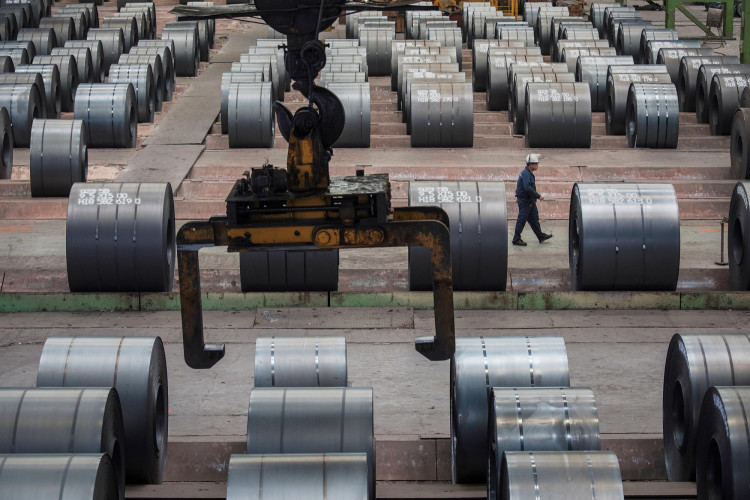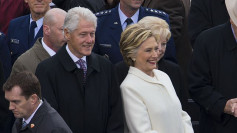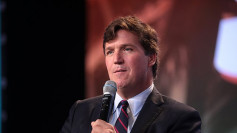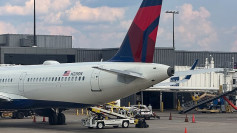U.S. President Joe Biden is urging the U.S. Trade Representative to triple the China tariff rate on steel and aluminum imports, as his administration seeks to address concerns over China's trade practices and protect the American steel and aluminum industry. The move comes as Biden makes a strategic visit to the United Steelworkers headquarters in Pittsburgh, Pennsylvania, a key battleground state in the upcoming presidential election.
The call to raise the current 7.5% average tariff on steel and aluminum is an effort by the Biden administration to demonstrate that recent warnings about China's trade practices are not merely empty threats. During a visit to China last week, Treasury Secretary Janet Yellen expressed concern over Chinese subsidies creating an oversupply of clean energy products, such as solar panels and electric vehicles, which could potentially be dumped on global markets at artificially lower prices, stifling competition.
Despite Chinese officials and state media denying the overcapacity accusation and attributing the abundance of clean energy products to "constant innovations," the Biden administration remains steadfast in its perception of the threat to global trade. "China's policy-driven overcapacity poses a serious risk to the future of the American steel and aluminum industry," said National Economic Council Director Lael Brainard. "China cannot export its way to recovery. China is simply too big to play by its own rules."
Biden's push to hike tariffs comes as he navigates a delicate balance between election-year politics, a fragile geopolitical landscape, and concerns over the strength of the U.S. economy. The White House is working to thaw relations with China after years of near-frozen communication, partially triggered by former President Donald Trump's initial round of China tariffs, which nearly led to a full-fledged trade war.
However, tariffs can also have unintended economic consequences, such as raising U.S. manufacturing costs that may ultimately lead to higher consumer prices. This would be an unwelcome outcome during a time when Biden is already engaged in a yearslong battle to reduce stubborn inflation and convince voters of the effectiveness of his economic agenda. A senior administration official dismissed the notion that tariff hikes would contribute to higher inflation, stating, "If taken these actions will not increase inflation, but they will protect American jobs and steel industry."
As the Biden campaign aims to maintain a hawkish stance on China while competing against Trump for blue-collar workers' votes, the president will also reiterate his opposition to the proposed sale of U.S. Steel to Japan's Nippon Steel. "It's important that U.S. Steel remains a domestically owned and operated company," a senior administration official said. "The president will make that clear again. He has told the steelworkers he will have their backs and he means it."
The Biden administration has sent a team of officials to Mexico to discuss preventing Chinese steel from entering the United States under preferential rates given to Mexico. The goal is to cooperate and partner with Mexico in addressing imports that circumvent tariffs and affect both economies.
Since taking office in 2020, Biden has largely maintained the signature tariff and trade policies of his predecessor while creating massive government programs to stimulate infrastructure projects, the semiconductor manufacturing sector, and clean energy projects. These programs have driven up the demand for steel, making the protection of the American steel industry a crucial factor in Biden's reelection bid.





